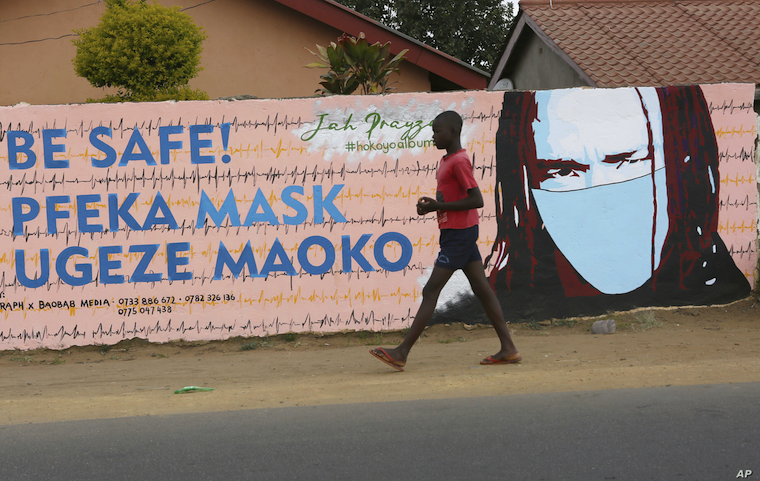Malawi: Judge Says No Bail for Pardoned Chinese Wildlife Offender

In a dramatic twist that has sent shockwaves through Malawi’s justice and conservation circles, Principal Resident Magistrate Benjamin Chulu has ordered that Chinese wildlife crime kingpin, Lin Yun Hua, remain behind bars as he awaits trial for serious corruption charges.
Yun Hua, once dubbed Malawi’s most notorious environmental criminal, was on the verge of walking free after a controversial presidential pardon–despite serving less than half of his 14-year sentence for wildlife trafficking and money laundering.
The move sparked an uproar. Conservationists, civil society groups, and state prosecutors cried foul, accusing the system of bowing to impunity. In a swift response, the Anti-Corruption Bureau (ACB) stepped in, securing a temporary remand order to block his release. Their argument was simple: releasing Yun Hua would jeopardize an active corruption case and risk his escape from justice.
Magistrate Chulu agreed.
Ruling in favor of the ACB, he declined to grant bail and set 4th June as the date to issue directions on how the corruption trial will proceed.
“We’re satisfied with the ruling,” said Peter Sambani, ACB Principal Legal and Prosecution Officer. “We’re ready to start parading witnesses.”
The corruption charges paint a damning picture of Yun Hua’s privileged life behind bars–allegedly greased by millions in bribes. He is accused of offering MK30 million and construction work to the former Maula Prison boss Aaron Ganyavu Kaunda, in exchange for unsanctioned trips out of jail to his house and for personal errands. He also allegedly tried to bribe Judge Violet Chipao, then a magistrate presiding over his wildlife trafficking case.
Yun Hua faces five counts of abuse of public office and charges under Section 24 and 25B of the Corrupt Practices Act.
Sentenced in 2021 for trafficking rhino horn and laundering money, Lin Yun Hua is the ringleader of a transnational Chinese syndicate that plundered Africa’s wildlife. His pardon triggered fierce backlash from major conservation players, including the Movement for Environmental Action, CEPA, and CURE.
“This pardon is deeply troubling,” said CURE Executive Director Charles Mkoka. “Wildlife crimes must be treated with the same gravity as rape and corruption.”
Environmental activist Mathews Malata echoed that sentiment: “Letting criminals like Yun Hua walk free damages Malawi’s reputation and endangers our international conservation partnerships.”
As the court prepares to chart the next steps in this explosive corruption case, all eyes will remain fixed on whether Malawi’s justice system will hold the line–or cave under pressure.
By Nyasa Times.



